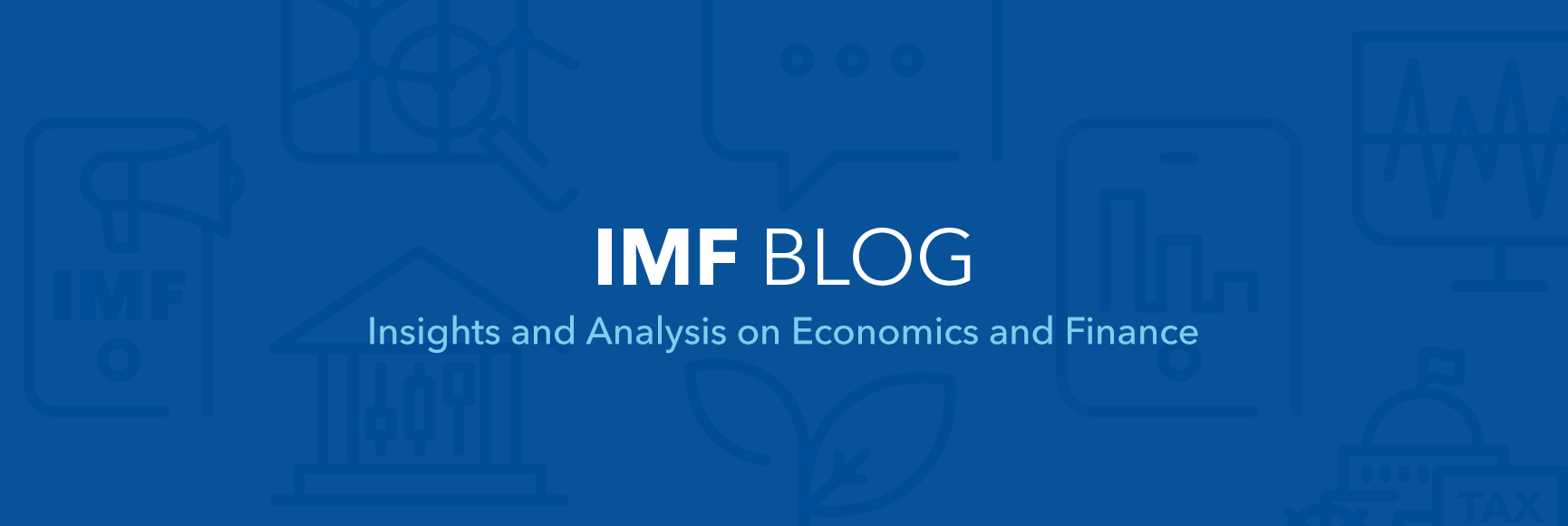How quickly should the United States tighten monetary policy and exit from quantitative easing? Is the neutral real interest rate lower than before the crisis? Should we raise inflation targets? What can we learn from the unconventional policies that emerging markets adopted during the crisis? Are we entering an environment of global deflation? And if so, can the existing central bank toolkit stave off that threat?
Seven years after the crisis, the effects of unconventional monetary policies continue to be a matter of debate. There is little consensus not only about the effectiveness of these policies in promoting aggregate demand, but also about possible unintended side effects on financial stability.
Meanwhile, emerging market economies have felt the spillovers from both the global financial crisis and unconventional monetary policies in advanced economies, often adopting their own unconventional credit and foreign-exchange policies. The effectiveness of those policies remains subject to debate, as do the merits of global policy coordination between countries at different cyclical conjunctures.
Accordingly, with monetary policies in major currency areas now once again headed in opposite directions, the profession faces the challenge of understanding the risks of policy normalization and monetary policy divergence.
The upcoming IMF Jacques Polak Annual Research Conference on “Unconventional Monetary and Exchange Rate Policies” (November 5-6, 2015) will give us an opportunity to take stock of these outstanding policy questions, to gain a better understanding of the mechanisms at play and the tools available to policymakers, and to map the way forward. We hope the program will contribute to a better understanding on how unconventional monetary policies work; their interactions with other policies; their domestic side effects, including risks to financial stability; their spillovers to other countries; the future of these policy tools; the consequences of unconventional policies in emerging market economies; and other topics.
All-Star lineup
As usual, the Polak conference brings together the sharpest minds in the profession—high-caliber academics as well as policy-oriented researchers from both inside and outside the IMF. It will feature thirteen excellent papers and discussants.
Ben S. Bernanke, former Chairman of the Board of Governors of the Federal Reserve System, will give the keynote Mundell-Fleming lecture. He will discuss aspects of the effects of United States monetary policy on the global economy, including so-called currency wars, financial spillovers, and the dollar’s role.
The conference will conclude with an all-star policy panel. Claudio Borio (BIS); Lael Brainard (Federal Reserve); Paul Krugman (City University of New York and New York Times); and Adam Posen (Peterson Institute for International Economics) will exchange views on the lessons from, and the future of, unconventional monetary policies.
We hope you will have a chance to attend and contribute to what promises to be a lively and enriching discussion. If you can’t make it in person, don’t panic. The papers will be available online, and you can watch the webcast of the Mundell-Fleming Lecture and the Economic Forum at www.imf.org. You can also follow the conference on Twitter at #ARCPOLAK.

